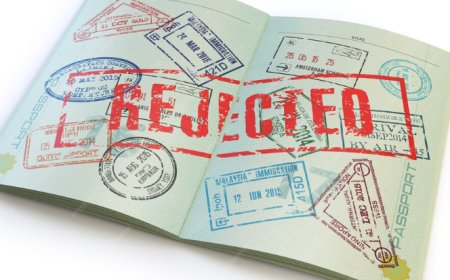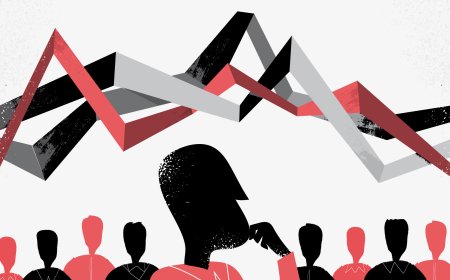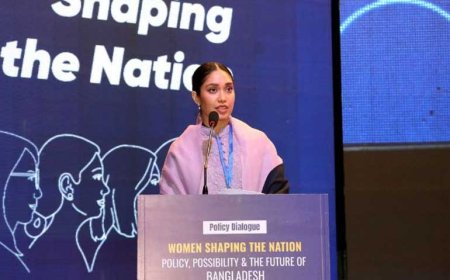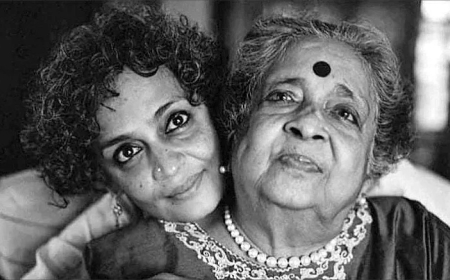The Impossible Yes/No Binary
How a Flawed Referendum Risks National Division
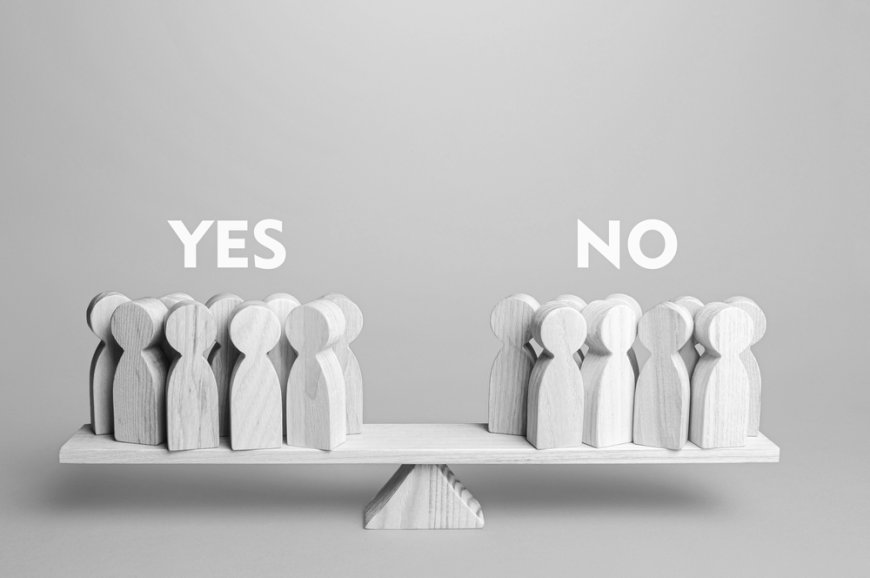
After thirty-two parties tried for several consecutive months to reach a consensus on constitutional reform, the way the whole process was concluded has thrown the entire reform process into disarray.
The July Charter as it stands contains 84 proposals, of which 56 or exactly two-thirds of the proposals have some form of disagreement from one or more parties. There is no agreement on 35 proposals and there are partial objections or Notes of Dissent on 21 proposals. The Consensus Commission has decided that the 28 proposals with full agreement will be placed in one list, and the people will be asked whether they approve on implementing the proposals contained in the list.
A second approval will be sought for a separate list which will contain the proposals on which, despite two months of exhausting discussion, the political parties could not reach a consensus.
The problem is that for citizens to vote “Yes” or “No,” they must understand what they are voting on. It is easy to give consent to a proposal which is agreed upon by all major political parties, since one can assume that if all leaders have reached an agreement, saying “Yes” carries no risk. People are not required to study each and every proposal in the list. However, for proposals with disagreement by some parties, it becomes the duty of a model citizen to examine that proposal critically or to concur with the opinion of the party they support.
In that case, a person will likely want to approve only those proposals that their party supports. But if they vote “Yes” on the ballot, they will also be approving those proposals their party -- or they themselves -- oppose. And if they vote “No” they will reject even those proposals their own party supports.
Thus, this second question in the referendum cannot possibly produce any meaningful measure of public opinion. Therefore, including this second question on the referendum ballot is meaningless, unjust, and ill-construed.
The constitution is the foundation of a nation’s laws, and therefore it must serve as a symbol of national unity. If even a small section of the population believes the constitution is unjust toward them, it ceases to be a unifying document and instead becomes a source of division. Even if it is not unjust, if public opinion does not support it, then no matter how skilled the experts who drafted it, that constitution cannot bring stability to the country.
Without holding any debate on this proposal on the Commission floor, the Consensus Commission Co-Chair decided at the end, unilaterally, to seek citizens’ verdict through this twin questioned referendum. They merely stated that this decision was taken on the advice of experts.
When we fall ill, we certainly seek the help of expert doctors, but the final decision about treatment remains with us. Therefore, hiding behind “expert advice” to impose such an opaque referendum is an extremely questionable decision. The most dangerous aspect of this is that if the people vote along party lines, then in cases where a big party like BNP's objection is forcefully disregarded then a large portion of the population will be in conflict with the constitution.
We will face the same problem regarding the fundamental principles. For one part of the population, the four fundamental principles are the core of their belief of the nation. They have already made it clear -- by walking out of the Commission -- that they will not compromise on these issues.
If these matters are passed by a simple majority “Yes” vote, the country will be divided, and the price will be long-term instability.
The constitution is meant to express the people’s will; therefore, it must be something under which almost all can unite. If that very constitution becomes a cause of division, it will be a profound failure of this regime.
No matter how difficult it may be to overcome disagreements and dissent, there is no alternative to achieving consensus. We must understand that taking more time to reach consensus on fundamental constitutional reform is not a serious problem compared to rushing into a decision.
History teaches us that sustainable constitutions are rarely made quickly: Nepal took nine years to draft its post-monarchy constitution, and Indonesia took three years to reform its authoritarian-era constitution. We too must be prepared to continue this discussion for at least another year.
In my view, to preserve national stability and unity, the upcoming referendum should serve to legitimize the July Charter as the expression of the people's will and empower the next parliament to implement constitutional reforms contained in it.
The proposals with unanimous support from all parties should be passed as soon as possible, while those with objections should be discussed further in the next parliament to seek consensus.
Once that consensus is near, the elected representatives can pass those reforms with a two-thirds majority to fulfill the people’s aspirations.
All of us -- and especially the Consensus Commission -- must remember that our republic is in a very fragile state. If we become part of the problem instead of the solution, the country will fall into grave uncertainty. History will mark this process as a shameful chapter in the nation's history. To avoid that unwanted outcome, the Consensus Commission Co-Chairs’ duty now is to proceed carefully and implement the reform proposals in two stages, rather than rushing forward.
Syed Hasibuddin Hussain is the Secretary General of Rashtro Shongshkar Andolon.
What's Your Reaction?














